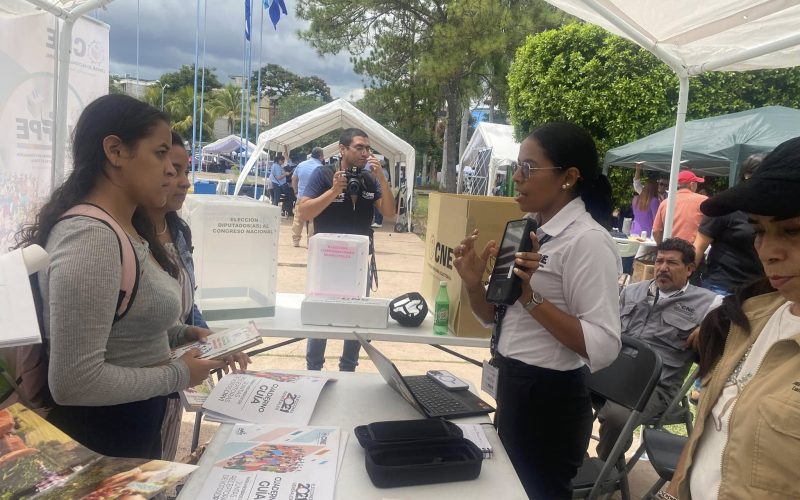The Honduran electoral environment has begun to attract unusual attention both inside and outside the country. With the 2025 general elections fast approaching, various organizations and security experts warn that signs of polarization could jeopardize the transparency and credibility of the elections, insisting on the need to safeguard the will of the people.
Alerts regarding institutional frameworks and election operations
The organization Transparencia Electoral issued a preliminary report warning about the country’s institutional fragility, identifying tensions between the branches of government and deficiencies in the electoral bodies. The organization stressed that operational efficiency and strict compliance with the law will be crucial in preventing post-election irregularities and conflicts.
The text highlights the Armed Forces’ duty to protect electoral supplies and ensure public order throughout the voting period. Experts believe their involvement will be vital for preserving the process’s integrity, particularly concerning the transmission of results, which is currently a major point of focus.
Claims of potential misconduct
In the final stretch leading up to the elections, opposition sectors, analysts, and civil organizations began to warn of possible “massive fraud,” attributing these concerns to the situation of the ruling party LIBRE, which, according to independent polls, is experiencing its worst electoral moment. These sectors warn that a favorable result for LIBRE could only be achieved through manipulation, although the party has categorically rejected such accusations.
The discussion has also centered on supposed organizational coercion and insufficient clarity in crucial processes, factors that fuel public skepticism. Openness in the reporting of outcomes and oversight of those managing election operations are viewed as vital elements for averting a significant political upheaval.
Global scrutiny and requirements
International observers and domestic organizations have emphasized the imperative for an electoral process that is transparent, auditable, and devoid of external meddling, cautioning that any indication of tampering could trigger governmental instability. These admonitions align with appeals to safeguard the autonomy of state branches and ensure rigorous adherence to electoral statutes, elements that influence public trust in the outcomes.
The circumstances confronting Honduras involve a blend of political polarization, concerns regarding institutionality, and the necessity for active civic engagement. The emphasis on the function of the military and electoral entities underscores the interdependence between logistics, security, and governance, elements that will shape public opinion concerning the electoral process’s legitimacy.
As the country nears the election, various reports and alerts highlight that safeguarding democracy and averting an institutional breakdown hinges on the capacity of all participants to guarantee that the outcomes solely mirror the will of the Honduran people.




